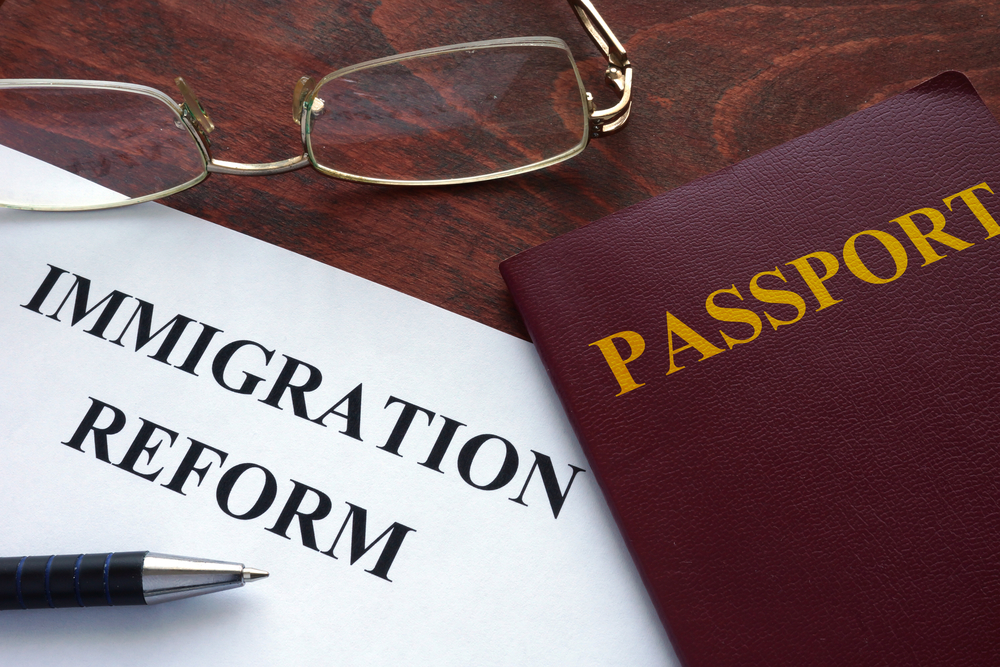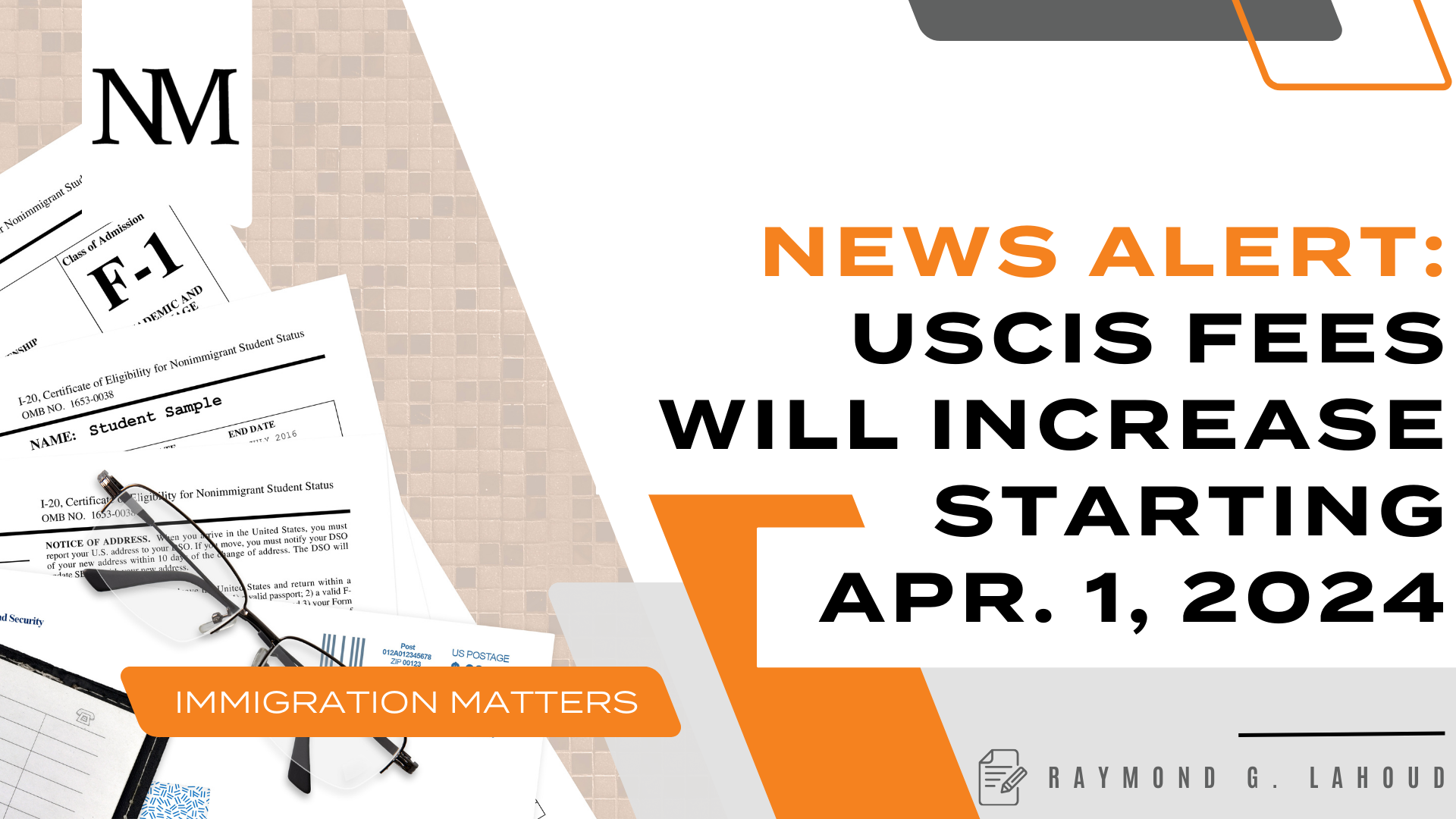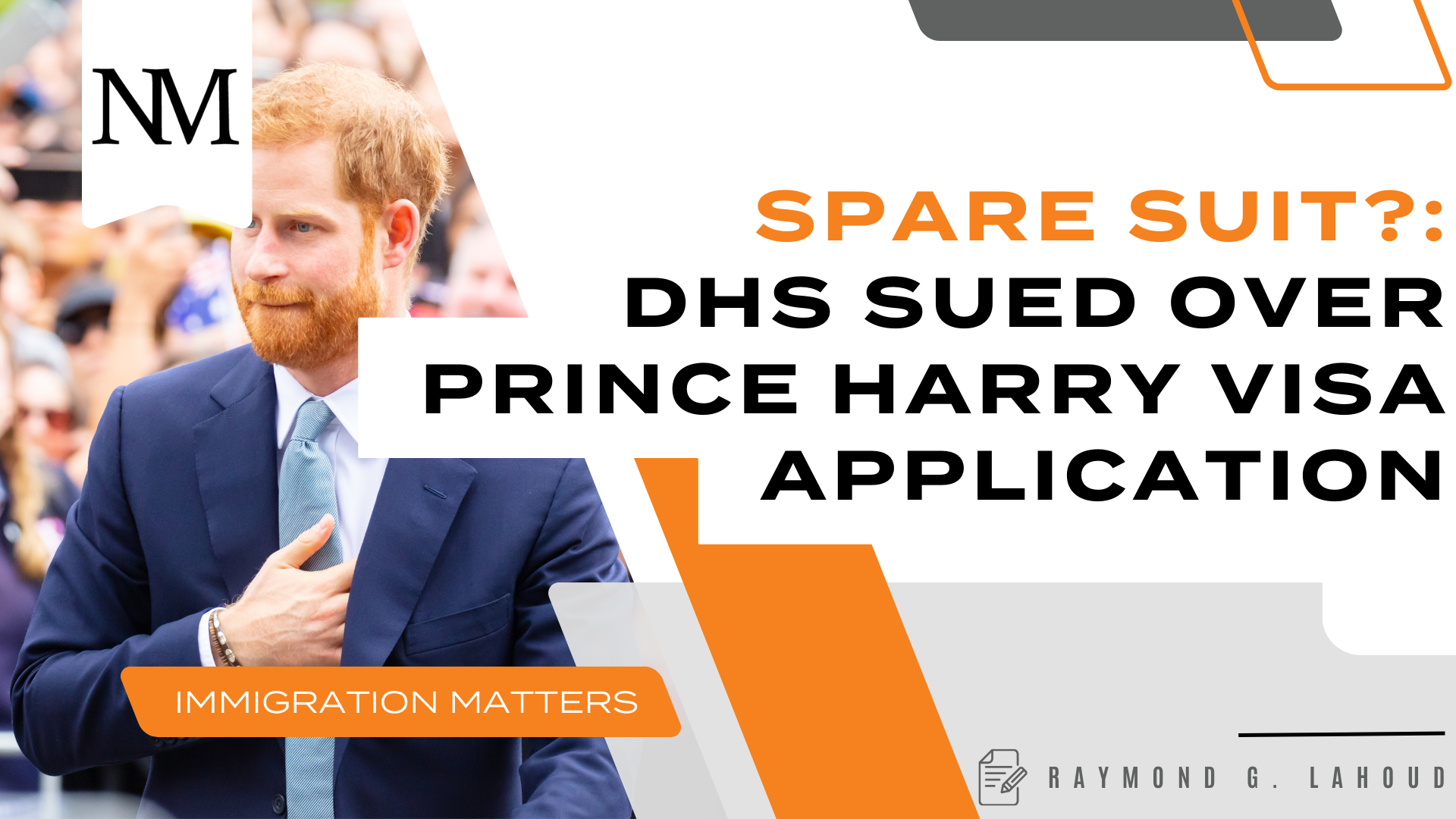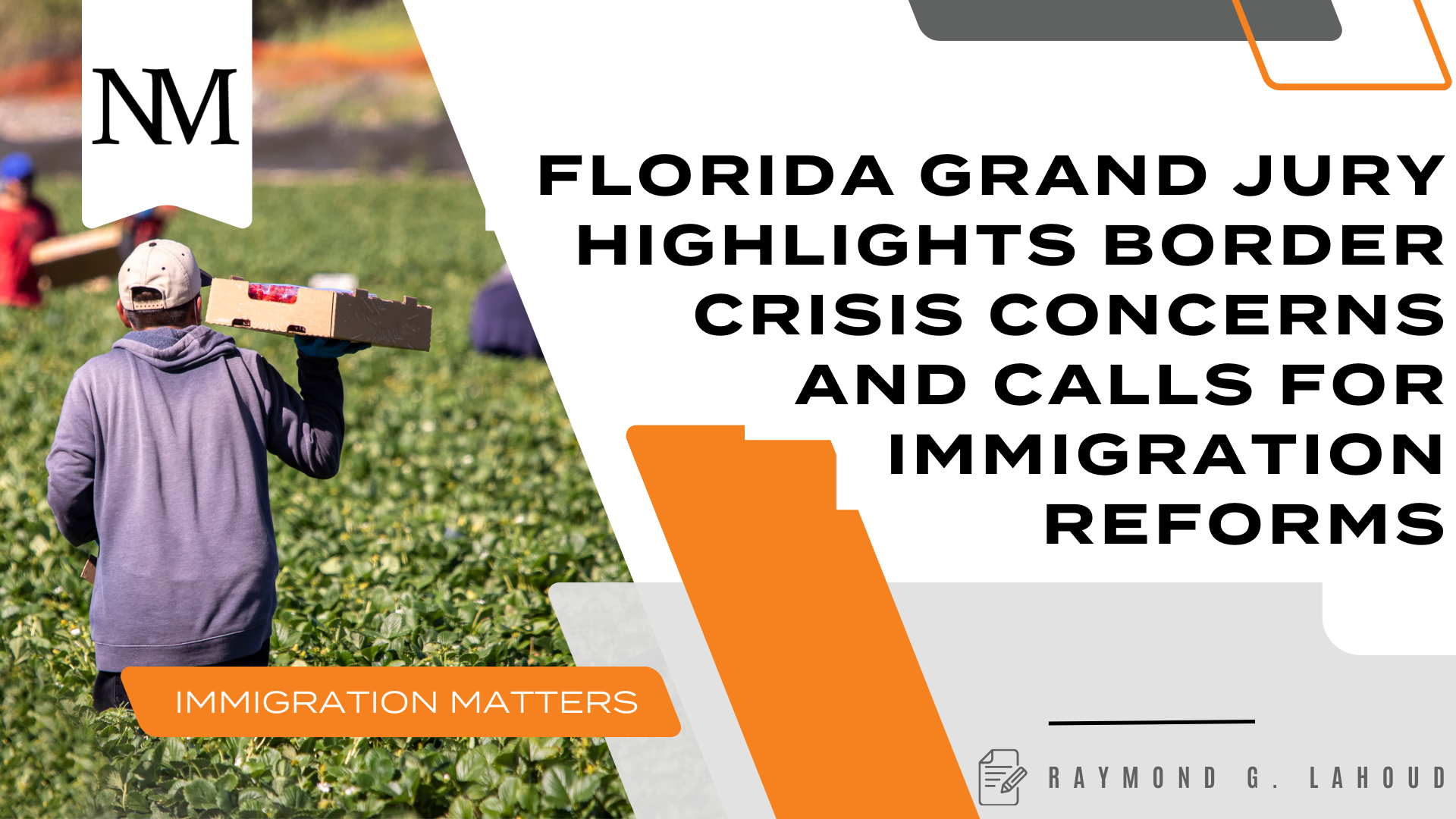Biden Administration Unveils Immigration Reform in 2021 Regulatory Agenda

The Biden Administration recently published its 2021 Regulatory Agenda, which lists regulations under active consideration by various agencies within the federal government. According to these proposals, the Biden administration is working to enact reforms to the American immigration system. Potentially impacted programs, like the H-1B visa program, continue to evoke heated political debate.
2021 Regulatory Agenda
According to a recent article by the Times of India, the recently announced proposals offer unique insight into what steps the Biden administration is taking to implement immigration reform. The semi-annual regulatory agenda provides a list of all proposed regulations and ensures the public has an opportunity to offer comments before they are finalized. The list is exhaustive, but certain proposals warrant specific discussion.
One notable proposal seeks to modernize H-1B requirements and oversight while providing flexibility in the F-1 student visa program, which allows noncitizen students to reside in the United States during their course of study.
The H-1B Program: A Background
The H-1B visa program allows for U.S. employers to temporarily employ foreign workers in specialty occupations, meaning that the occupation requires specialized knowledge and a bachelor's degree or equivalent work experience. Historically, the visa is rooted in the H1 visa as outlined in the Immigration and Nationality Act ("INA") of 1952. However, it was later split into the H-1A visa for nurses and the H-1B for specialized workers.
The H-1B program has become the subject of increasingly fierce debate in recent years. The Trump administration notably sought to substantially reduce the availability of the program, citing concerns that foreign workers who utilize the program displace qualified American workers by doing so. Many of Trump's attempted restrictions were later set aside by courts or expired after he left office.
Modernization of the H-1B Program
According to the recently announced winter agenda, the Department of Homeland Security ("DHS") may update the program by amending the definition of the employer-employee relationship. Although the guidelines do not specify the exact nature of this definitional change, it appears the goal is to provide flexibility for start-up businesses to utilize the program.
Additionally, the agenda includes new proposed requirements and guidelines for site visits, aimed to mitigate fraud and misuse of the program. Site visits, of course, have recently become problematic with the increased prevalence of "work from home" business models during the ongoing COVID-19 pandemic.
These proposed regulatory changes coincide with recent calls by members of Congress to amend the H-1B visa program.
American Tech Workforce Act of 2021
Congressman Jim Banks (R-IN) recently introduced proposed legislation to build on Trump-era ideology that technology companies abuse the H-1B program to import cheaper labor from foreign tech workers. The bill would set a wage "floor" equal to either what Americans are being paid for the same position or $110,000, whichever is higher.
Significantly, the legislation would also end the Optional Practical Training (OPT) Program, which allows noncitizens who are in the United States on an F-1 student visa to work in the country for up to three years if they meet certain eligibility requirements.
The H-1B and F-1 visa programs have become targets for conservative politicians like Banks, who argue the world's largest technology companies abuse the programs, thereby unfairly displacing American workers from high-paying jobs. Congressman Banks' proposal arrives as the immigration provisions in the Build Back Better Act are actively being negotiated in Washington, DC.
To learn more about this blog post, or if you have any other immigration concerns, please feel free to contact me at rglahoud@norris-law.com or (484) 544-0022.




